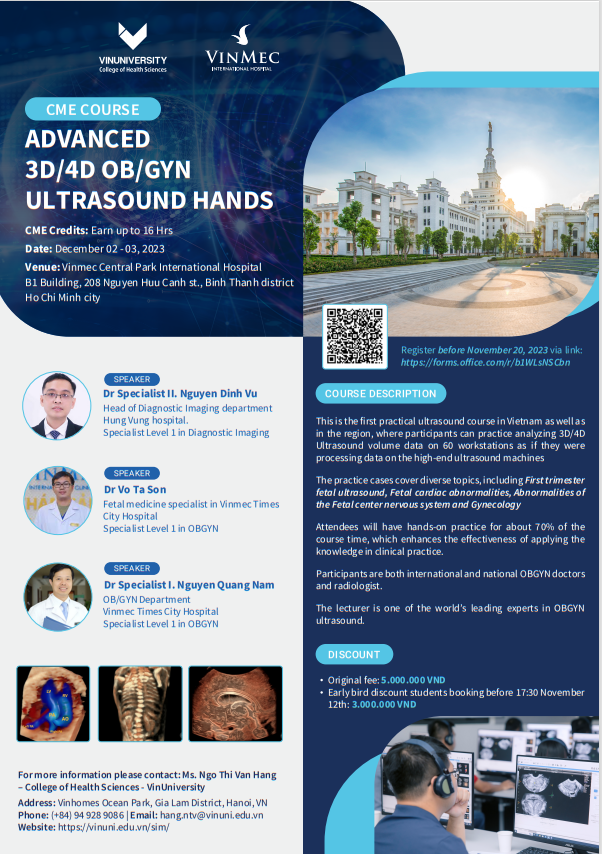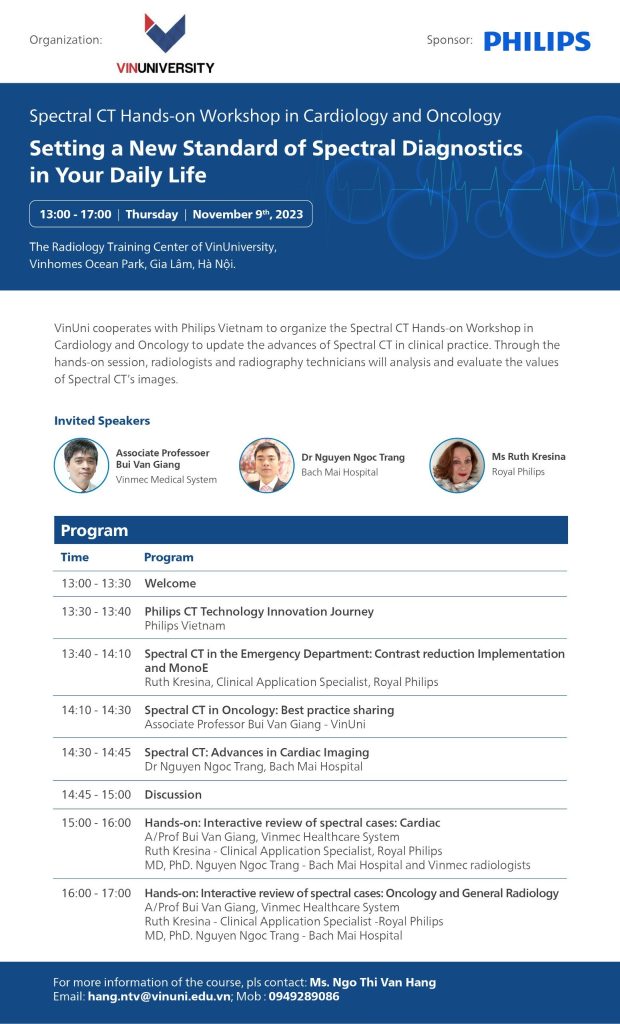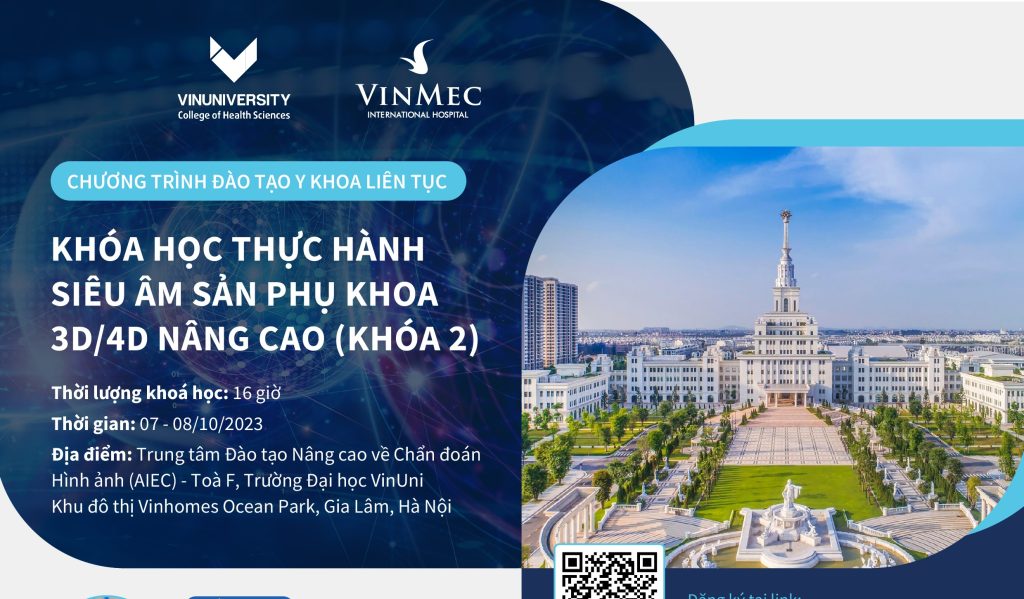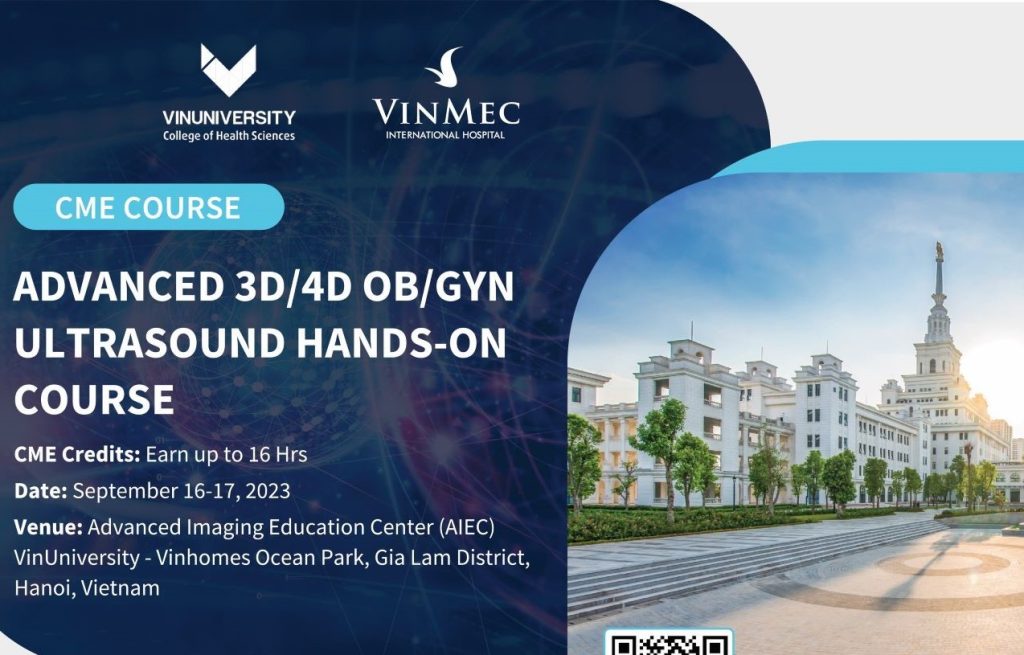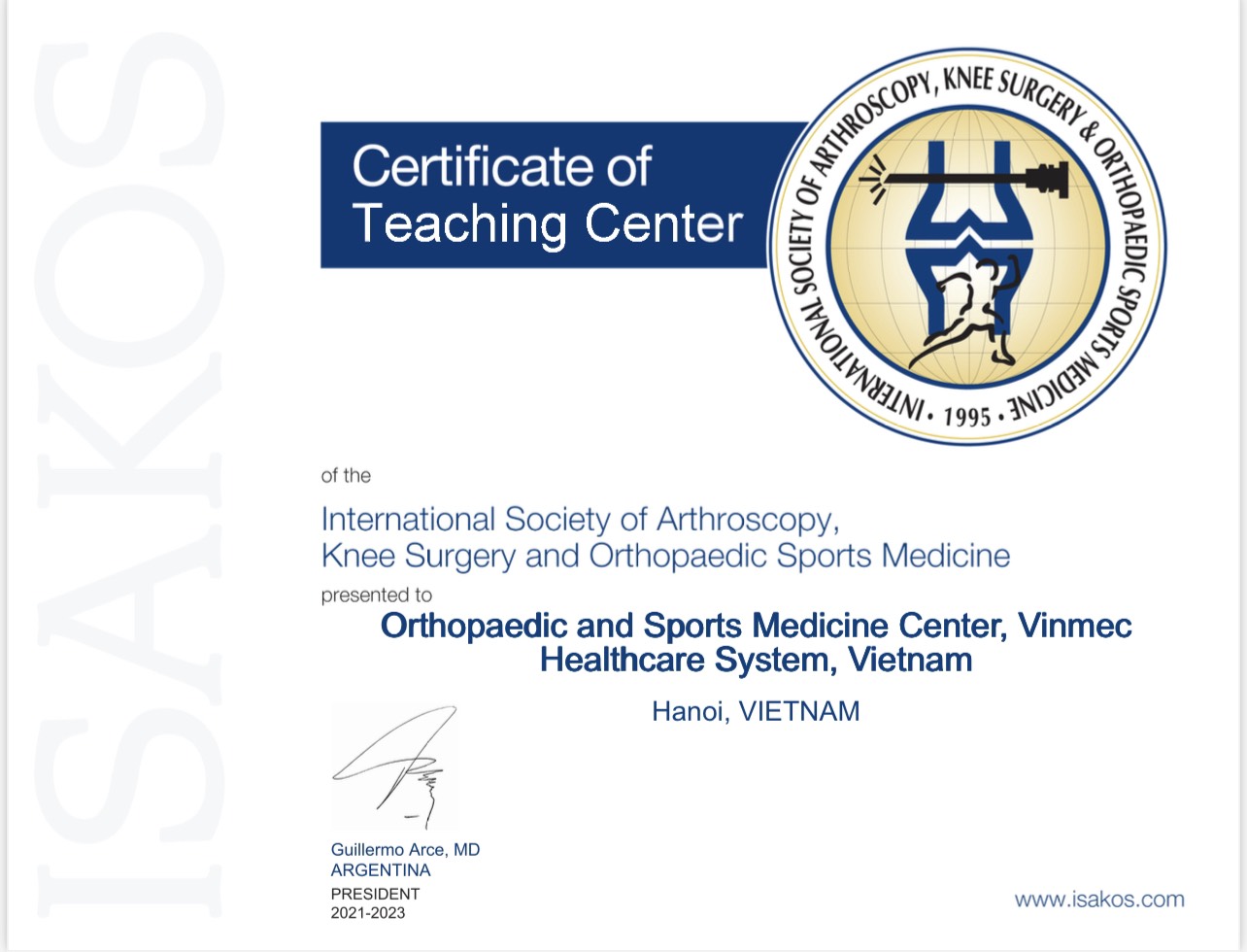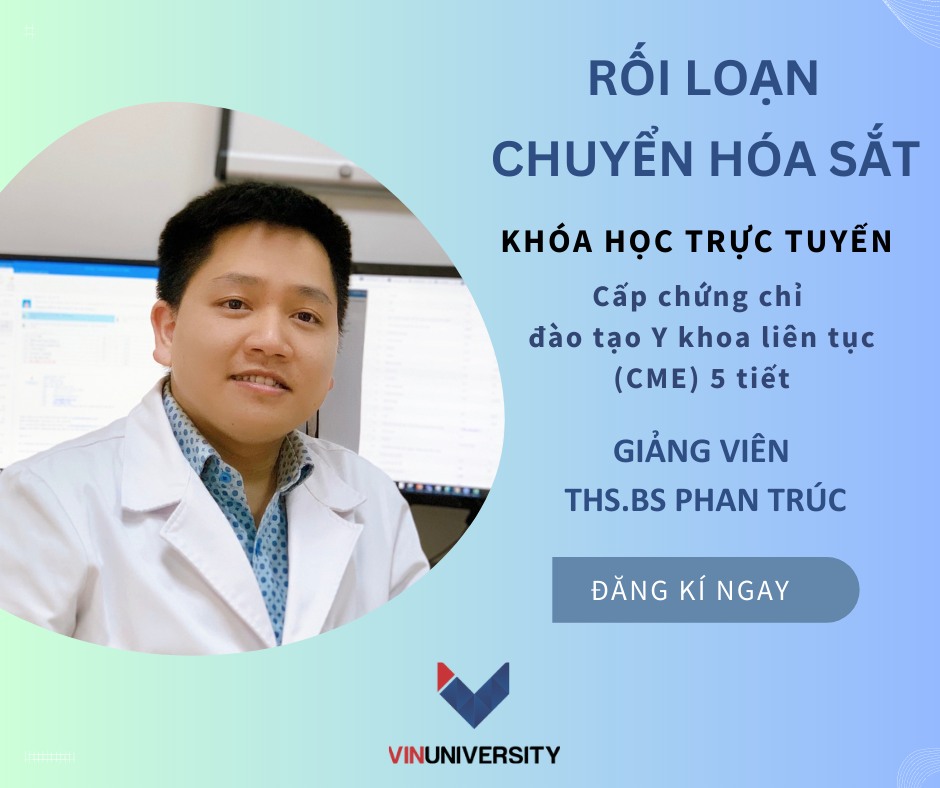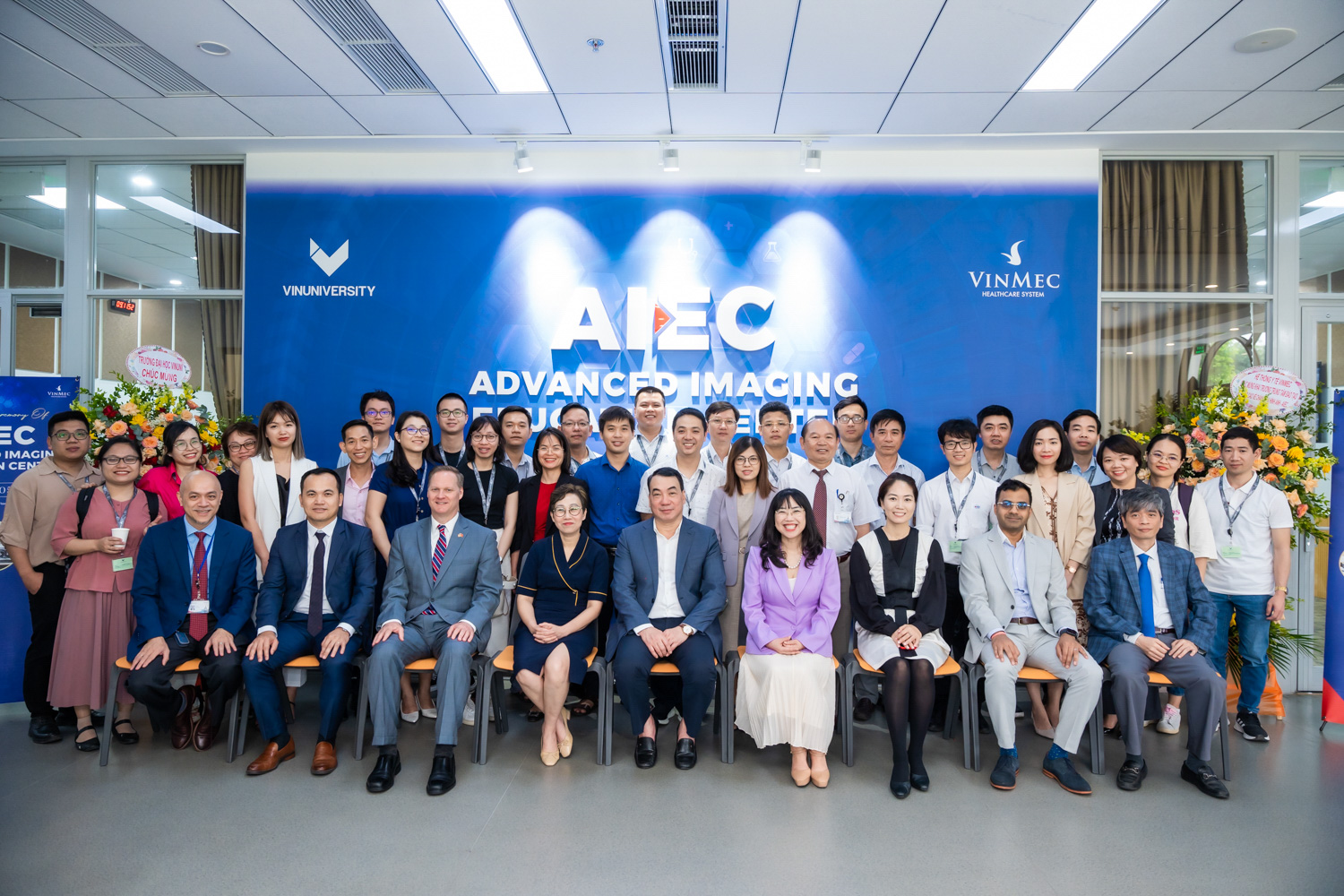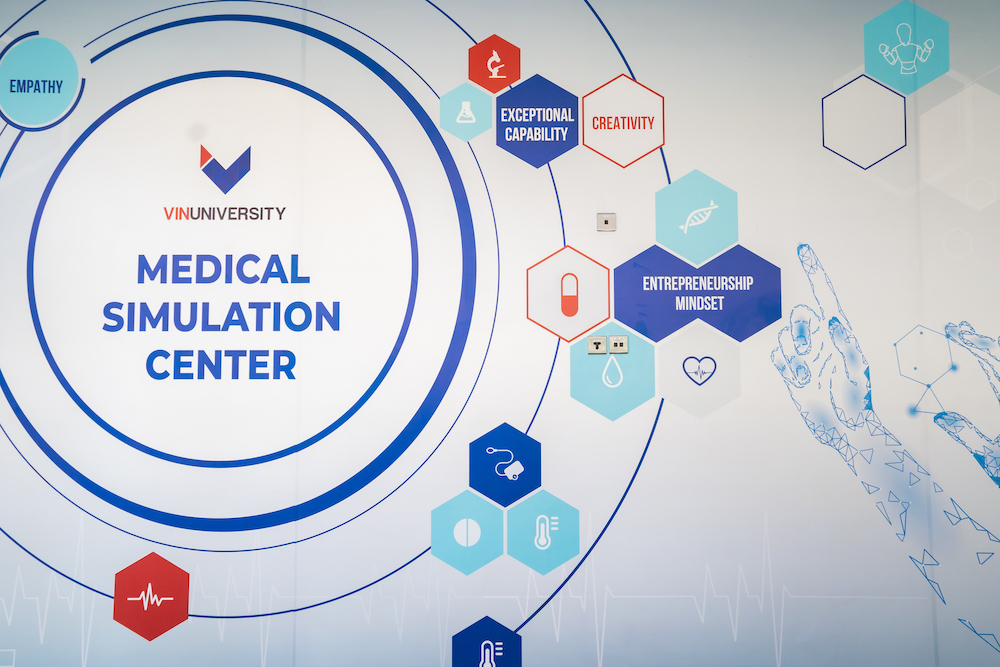* Article by Nguyen Quang Truong, student of College of Engineering and Computer Science, VinUniversity
In recent years there have been significant improvements in transplant technology in Vietnam prompting an increase in the demand for clinical organ transplantation. However, the most challenging issue remains the short supply of viable organs and tissues. A large number of patients have been waiting in line for years, to be matched with a donor and donated organ in Vietnam. Those few who can afford to seek transplantation surgery abroad, can do so at great expense and inconvenience. Under such circumstances, the 3D bioprinting technology – a technology for manufacturing artificial organs including hearts, brain, bones, arteries – has become more essential than ever before. However, since there have not been adequate research in Vietnam on the development of 3D bioprinting technology, the development and commercialization of 3D printing technology that could meet this urgent humanitarian need has been slow and inadequate.
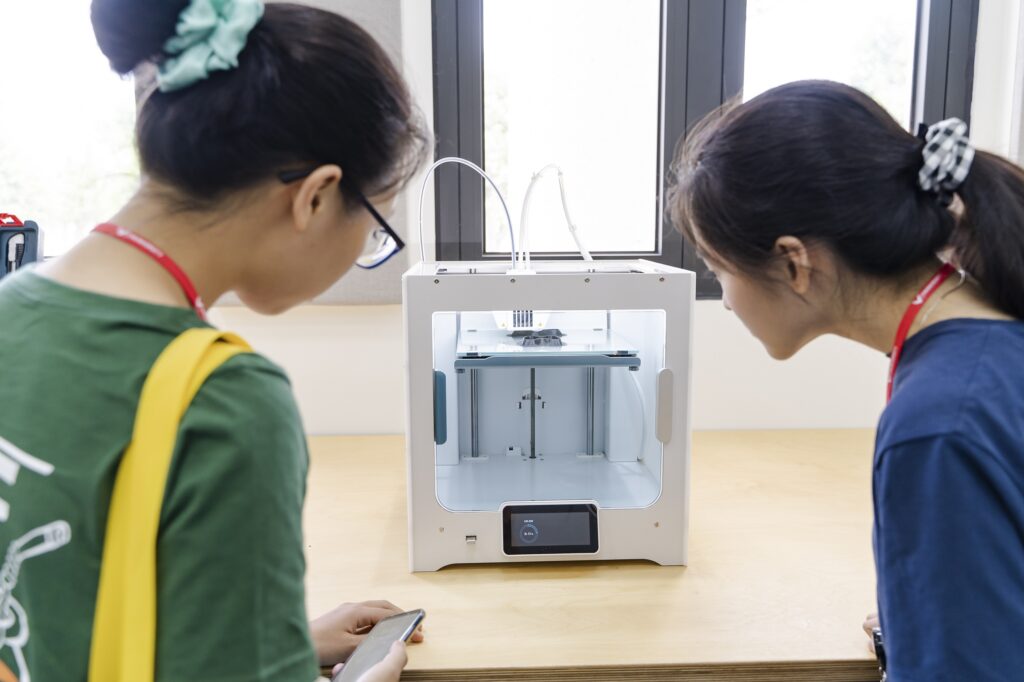
Acknowledging the compelling situation of the sector, Do Tho Truong (PhD.), faculty member of College of Engineering and Computer Science, VinUniversity has conducted his research on 3D bioprinter as a foundation for further development towards tissue technology in Vietnam. The research is in close collaboration with Nanyang Technological University (Singapore), RMIT University (Melbourne, Australia), Vietnam-France University and Hanoi University of Science & Technology. Currently, the research team includes manyfirst-year Mechanical Engineering VinUniversity students such as Vo Minh Quan, Ha Phan Anh, Pham Minh Quan and Nguyen Quang Hung.
Taking the role of a research assistant in a challenging project, Vo Minh Quan considers the experience a valuable opportunity for himself to discover new horizons of academic research and groundbreaking technology. Quan and his research assistant team have been studying the current 3D bioprinting technologies and analyzing their pros and cons, to determine which 3D bioprinting technique could be most suitable for manufacturing artificial body organs. To support their learning process in 3D bioprinting, the students can use the CNC laser cutting machine in VinUniversity’s Innovation Center 24/7 to practice andfamiliarize themselves with the technology, the design process and 3D modelling. .
“This is a complicated technology which combines engineering with medicine. It has certainly been a challenge for us in the research team.” – Minh Quan, a first-year student member of the research team, indicated. “However, our team is motivated by the possibility of creating a real positive impact have on the lives of the patients and their families who have been waiting for organ transplantation. We hope that we can continue to work in this exciting area of research and help to create real solutions for the society”.
Given the current student-to-faculty ratios at of 6:1, VinUniversity students are provided with abundant opportunities to participate in researchand scientific journal publications along with our Professors and other faculty members who are highly experienced researchers trained at theleading universities of the world. There are nearly active 20 research projects at VinUniversity where faculty and undergraduate students are engaged in research together.

